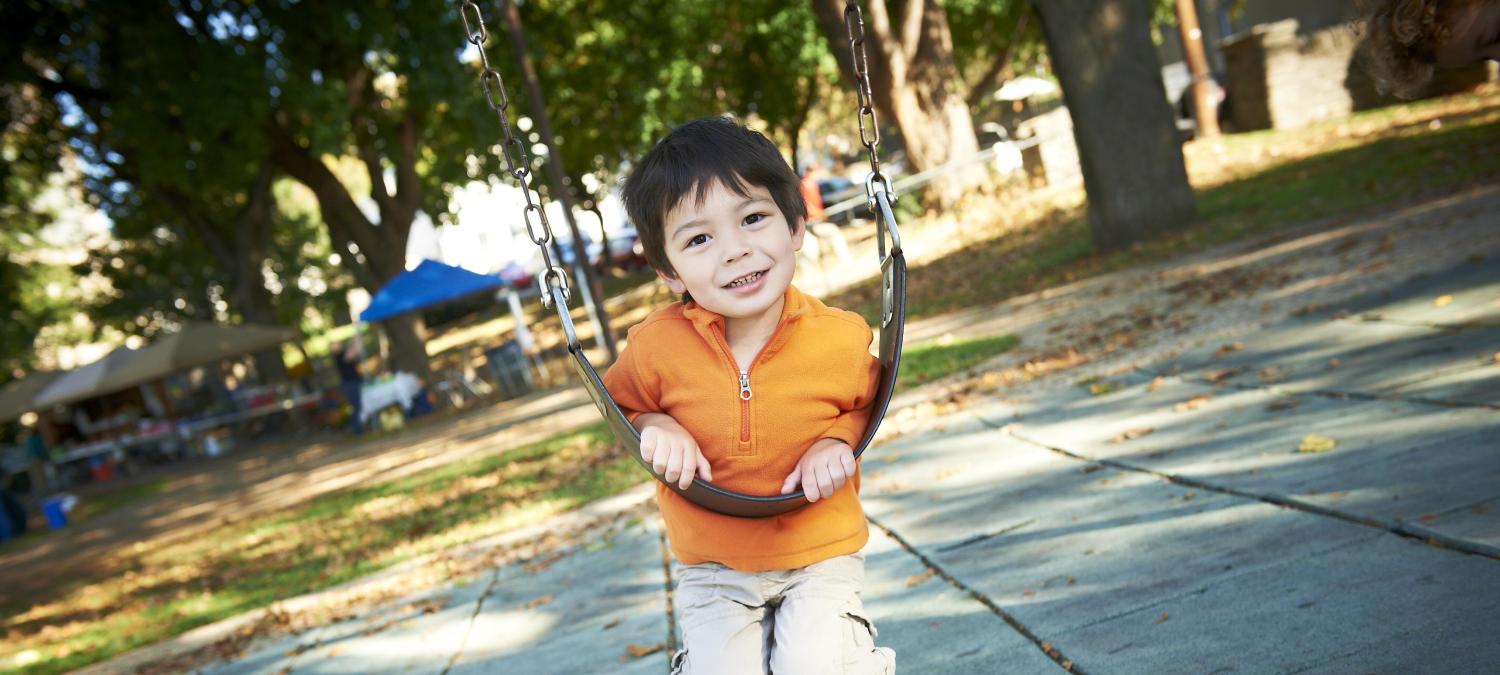

Publications
Search Tips
- Apr 2018
Our objective was to examine refugees' acute care use early in resettlement. We conducted a retrospective cohort study of acute care use, emergency room and hospital visits, by adult refugees arriving in Southern Connecticut between 2/1/2013 and 2/1/2015. We examined associations…
- Apr 2018
Over the last decade, nearly 200,000 refugee children have resettled across the United States. Once resettled, our nation’s comprehensive refugee health screening program helps ensure that refugee children and families are healthy enough to start school and successfully integrate into…
- Mar 2018
Children in immigrant families are less likely to screen positive with the Children with Special Health Care Needs Screener (CSHCN-S). This may indicate that children in immigrant families are healthier or require fewer health services than non-immigrant peers. Alternatively, the…
- Mar 2018
Transgender and gender-expansive youth face unique challenges that impact their physical and mental health. Harassment, discrimination, violence and rejection are just some challenges that lead more than 40 percent of transgender individuals to attempt suicide in their lifetime—10…
- Feb 2018
Transgender and gender non-binary (T/GNB) youth face many barriers to healthcare access. Due to their gender identity, T/GNB youth are often met with rejection from family and community creating an increased risk for poor mental and physical health outcomes. Compounding these…
- Feb 2018
Gender non-conforming (GNC) youth have specific healthcare needs. Pediatricprimary care providers may be the first or only point of contact for these children in the healthcare system, and thus can play an essential role in their health and well-being. However, very little is known…
- Feb 2018
Immigrants experience domestic violence at rates similar to other populations, yet survivors and victims who speak languages for which there are fewer bilingual, bicultural services often face significant linguistic and cultural barriers when seeking help. In partnership with…
- Nov 2017
ABSTRACT: Skeletal surveys (SSs) have been identified as a key component of the evaluation for suspected abuse in young children, but variability in SS utilization has been reported. Thus, we aimed to describe the utilization patterns, yield, and risks of obtaining SS in young…
- Oct 2017
BACKGROUND AND OBJECTIVES: In the primary care setting, there are racial and ethnic differences in antibiotic prescribing for acute respiratory tract infections (ARTIs). Viral ARTIs are commonly diagnosed in the pediatric emergency department (PED), in which racial and ethnic…
- Sep 2017
PURPOSE: We aimed to estimate group-based trajectories of body mass index (BMI) in a longitudinal cohort of young women and determine the association between sexual identity and BMI trajectory group, adjusting for obesity risk factors. METHODS: We analyzed data from females in waves…